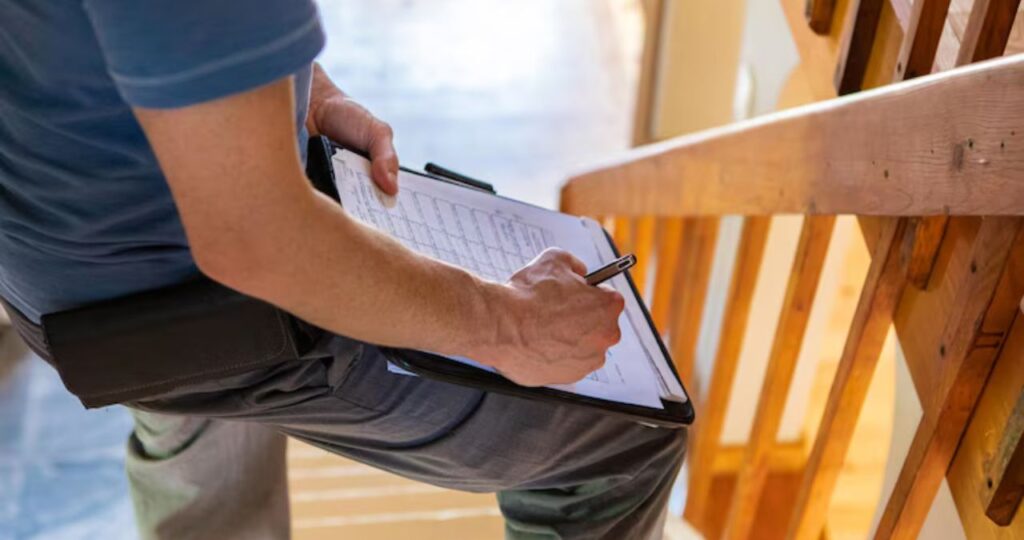The Importance of Property Maintenance
Effective property maintenance is vital for ensuring the long-term value of real estate investments. Regular upkeep helps maintain properties’ aesthetic appeal and functionality, thereby enhancing their market value. More importantly, proper maintenance ensures tenants a safe and comfortable living or working environment, which can significantly impact tenant satisfaction and retention rates.
Moreover, well-maintained properties are less likely to encounter significant issues that can lead to costly repairs or legal liabilities. By consistently addressing maintenance needs, property owners can prevent minor problems from escalating into major ones, ultimately protecting their investment and reputation.
Preventative Maintenance Strategies
Preventative maintenance is a proactive approach that focuses on identifying and resolving potential issues before they become problematic. Acorn and Oak employ this strategy, which involves regularly inspecting various aspects of a property, such as plumbing, electrical systems, roofing, and HVAC units, to ensure they are in good working condition.
A preventative maintenance schedule can save property owners time and money in the long run. Property owners can avoid more expensive and disruptive emergency repairs by addressing issues early. Additionally, preventative maintenance can extend the lifespan of key property components, reducing the frequency of replacements and conserving resources.
Incorporating Technology in Maintenance
In today’s digital age, technology can play a pivotal role in streamlining property maintenance processes. Utilizing property management software allows owners and managers to efficiently schedule and track maintenance tasks, monitor inventory levels, and communicate with tenants and service providers.
Moreover, integrating innovative technologies, such as IoT devices and automation, can enhance maintenance efforts. For instance, smart thermostats, sensors, and leak detectors can provide real-time data on property conditions, enabling timely interventions and reducing energy consumption.
By harnessing technology, property owners can improve the efficiency and effectiveness of their maintenance operations, ultimately saving time and resources while enhancing tenant satisfaction.
Hiring Professionals vs. DIY
Regarding property maintenance, owners may choose between hiring professional services or handling tasks themselves (DIY). Each approach has its advantages and disadvantages, and the best choice depends on the nature and complexity of the maintenance tasks and the owner’s expertise and resources.
Hiring professionals can provide peace of mind, as these experts possess the necessary skills, knowledge, and tools to handle maintenance tasks efficiently. Moreover, professional services are often licensed and insured, reducing the risk of liability issues. While hiring professionals may entail higher upfront costs, it can save property owners time and prevent costly mistakes in the long run.
On the other hand, DIY maintenance can be cost-effective for simple tasks that do not require specialized skills or equipment. However, property owners must ensure they have the knowledge and capability to perform these tasks safely and correctly.
Engaging Tenants in Maintenance
Engaging tenants in maintenance can enhance property upkeep and foster positive tenant-owner relationships. Encouraging tenants to report maintenance issues promptly and providing clear guidelines on how to do so can lead to quicker resolutions and prevent problems from worsening.
Property owners can also educate tenants on basic maintenance practices, such as regular cleaning, proper waste disposal, and energy conservation. Providing tenants with user-friendly ways to report issues, such as online portals or mobile apps, can facilitate communication and ensure that maintenance needs are addressed promptly.
Sustainability in Property Maintenance
Sustainability is becoming increasingly crucial in property maintenance. Sustainable practices benefit the environment and enhance the property’s appeal to eco-conscious tenants and investors.
Sustainable maintenance practices include using environmentally friendly materials and products, reducing energy and water consumption, and implementing recycling programs. Additionally, sustainable landscaping, such as using native plants and reducing lawn areas, can lower water usage and maintenance costs.
By prioritizing sustainability, property owners can create healthier living environments and contribute to environmental conservation while potentially benefiting from reductions in utility bills and increased property value.






